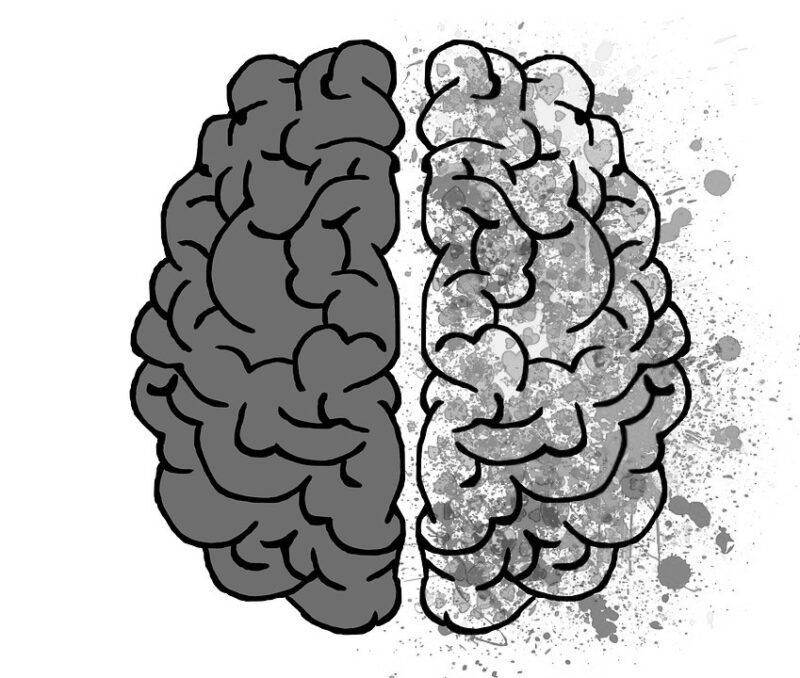Mitigating the impact of burnout culture

Burnout is the soft white underbelly beneath today’s fast-paced and demanding world, affecting individuals across various professions and lifestyles, but what is it really?
Recently, there has been a growing recognition of the challenges that individuals face both in the workplace and in their personal lives. Women often fall victim to unique circumstances.
I interviewed Yana Spivak, creator of ABridge2Thrive, a foundation to help women navigate adversities in healthy ways.

Spivak’s career started in New York City. For over 30 years, she worked tirelessly in the healthcare system, mainly in the dental industry.
Through hard work and unwavering discipline, she rose through the ranks from the clinical end to administration, ultimately becoming a clinic director.
It is important to note that the clientele is unforgiving; from celebrities and high-ranking politicians to victims of head and neck cancer.
This resulted in an emotional toll, brought to a boiling point due to the pressure to perform. Spivak stresses that her patients “needed a super-attention, a different level of care.”
“I had the idea of starting a foundation and I’m lucky enough that I have someone who puts a roof over my head. What happens to other women?” said Spivak.
After tumultuous run-ins, misdiagnosis and dismissals from doctors, Spivak was eventually diagnosed with burnout. Collapsing, severe vertigo, dizzy spells, debilitating vestibular issues, nausea, migraines, and various endocrine disrupting problems are all part of her daily experiences. These were signs of a conformational change in her brain, visible through CT scans.
When it comes to understanding what factors can lead to burnout, one must look to the human brain:
“It can only work for 40 consecutive minutes. That’s why all our lessons in schools and in universities are 45 minutes,” said Spivak.
Spivak introduced another way to observe the rise of burnout, further elaborating on the prevalence of our society working in a “knowledge economy” that management has not adapted to.
Boundaries have since expanded; everybody has a work email, cell phone, tablet, and a computer. We are now always accessible.
Women may face unique burnout challenges. A phenomenon called “the Double Burden” describes the dilemma in which women find themselves juggling multiple roles – career, family, and caregiving responsibilities that can lead to increased stress.
On top of this, women frequently must manage their emotions as they provide support to others in their lives.
Our brain’s response to stress is a complex interplay of various neural and hormonal mechanisms. The brain’s heightened state of alertness may contribute to increased anxiety, emotional reactivity, and a sense of overwhelm that can become unregulated.
While the neurological effects of burnout are concerning, research suggests that the brain has a remarkable capacity for neuroplasticity—the ability to reorganize and adapt.
However, we are now seeing cases in which changes in brain configuration are nearly impossible to reverse. Early intervention is necessary – stress management, mindfulness, and adequate rest are crucial.
Understanding the impact of burnout emphasizes the importance of addressing this phenomenon as a multifaceted issue, diving deep beyond the realm of emotions and physical exhaustion.
Recognizing the changes in brain configuration associated with burnout before it has progressed too far is critical.
Employers can and should bear the responsibility to create a supportive work environment in which their expectations are met with equal support, thus preventing burnout. Flexible work schedules and family-friendly policies can help women manage their multiple responsibilities.
The world is always changing, so let it be in the direction in which people can live to experience life, not live to work.
Spivak reminds us that if you don’t put your wellness first, nobody will.
Being told that “You’re the strongest person I’ve ever met” is not the compliment that we need to hear. As long as we fight or flight, we must rest & digest.


